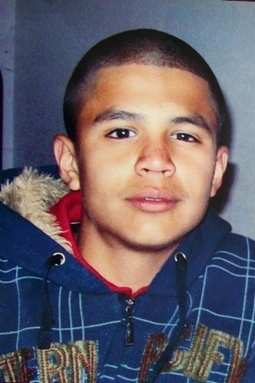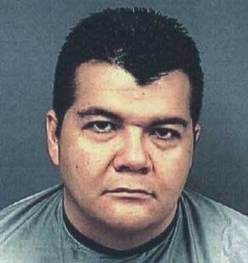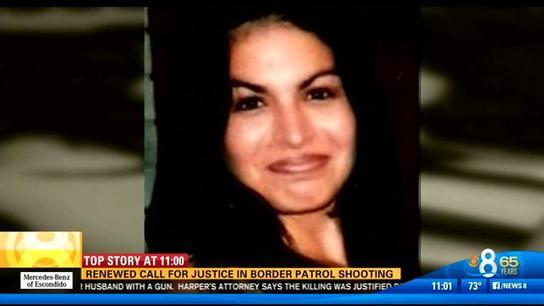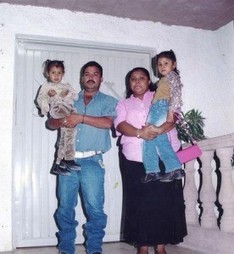Community gathering at the memorial site to share thoughts and feelings about Andy as we approach the 1 year anniversary of his death on Oct 22nd. Bilingual grief counselors and community support volunteers from St. Joseph’s Health of Sonoma County will be present to help facilitate and share. Open to all youth and adults. 4:00- 5:30pm
Location: Moorland Ave and West Robles, Santa Rosa, CA
Reunion de la comunidad en el sitio memorial de Andy para compartir pensamientos y sentimientos acerca de Andy mientras nos acercamos al aniversario de 1 año de su muerte el 22 de octubre. Terapeutas de duelo bilingües y voluntarios de apoyo del St. Joseph’s Health del condado de Sonoma estarán presentes para ayudar a facilitar y compartir. Abierto a todos los jóvenes y adultos. 4:00- 5:30pm.
Direction: Moorland Ave and West Robles, Santa Rosa, CA
Source: justicecoalitionforandylopez.com











